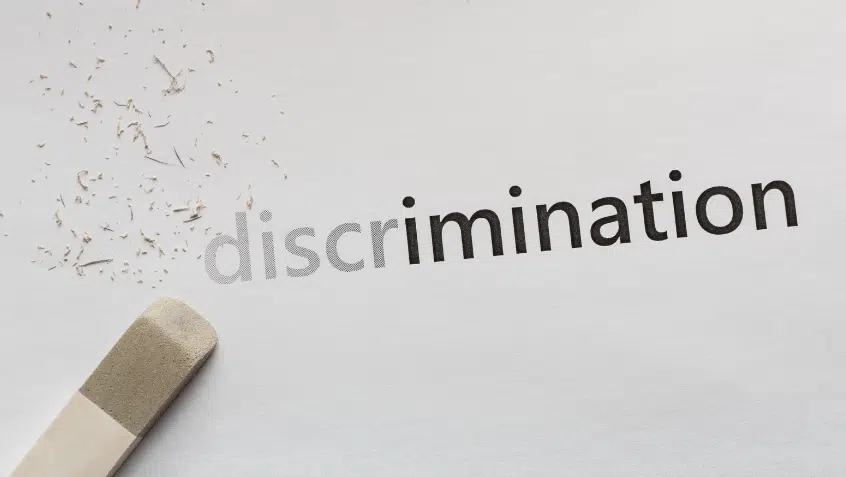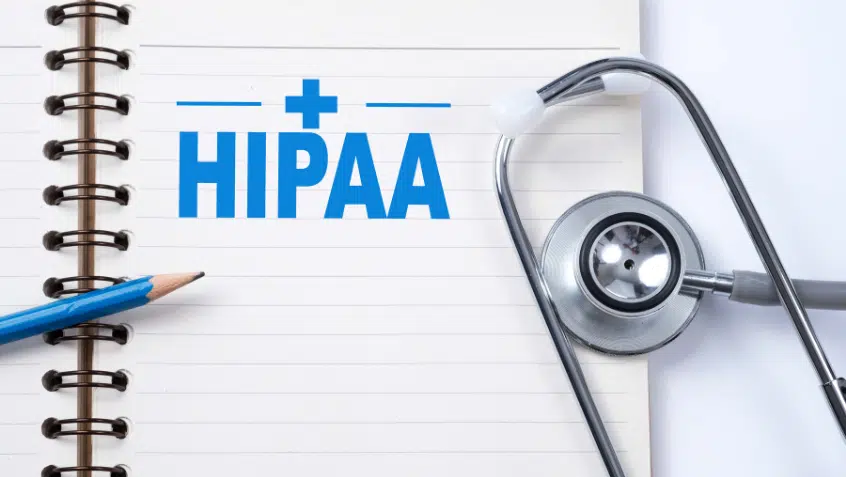
New Report Confirms Rapid Expansion of Telehealth Services
In early 2020, Congress and the Centers for Medicare & Medicaid Services (CMS) added temporary telehealth flexibilities to Medicare to
Join Us Live for a Discussion on Medicare, Democracy, and the Future of Health Care
Medicare Watch articles are featured in Medicare Rights’ weekly newsletter, which helps readers stay updated on Medicare policy and advocacy developments and learn about changes in Medicare benefits and rules. Subscribe now by visiting www.medicarerights.org/newsletters.

In early 2020, Congress and the Centers for Medicare & Medicaid Services (CMS) added temporary telehealth flexibilities to Medicare to

This week, the Department of Health and Human Services Office for Civil Rights announced that a ban on sex discrimination

On Tuesday, the Centers for Medicare & Medicaid Services (CMS) updated COVID-19 vaccination education, uptake, and reporting policies for Medicaid

Today, the Medicare Rights Center submitted comments to the Health and Human Services Office of Civil Rights (OCR) in response to proposed

On May 4, the U.S. House Committee on Energy and Commerce, Subcommittee on Health held a hearing on drug pricing legislation, including

A new research article published in Health Affairs examines the supplemental coverage “cliff” that some people with Medicare may experience. These beneficiaries

This week, the Medicare Rights Center submitted comments in response to a discussion draft of a bill to expand access to Medicaid

Dozens of U.S. Representatives and Senators sent a letter late last week urging the Biden administration to support the inclusion of Supplemental

Though major legislative and regulatory solutions have stalled in recent years, policymakers are once again turning their attention to the

Several departments within the U.S. Department of Health and Human Services (HHS)— the Office for Civil Rights (OCR), the Administration

In early 2020, Congress and the Centers for Medicare & Medicaid Services (CMS) added temporary telehealth flexibilities to Medicare to

This week, the Department of Health and Human Services Office for Civil Rights announced that a ban on sex discrimination

On Tuesday, the Centers for Medicare & Medicaid Services (CMS) updated COVID-19 vaccination education, uptake, and reporting policies for Medicaid

Today, the Medicare Rights Center submitted comments to the Health and Human Services Office of Civil Rights (OCR) in response to proposed

On May 4, the U.S. House Committee on Energy and Commerce, Subcommittee on Health held a hearing on drug pricing legislation, including

A new research article published in Health Affairs examines the supplemental coverage “cliff” that some people with Medicare may experience. These beneficiaries

This week, the Medicare Rights Center submitted comments in response to a discussion draft of a bill to expand access to Medicaid

Dozens of U.S. Representatives and Senators sent a letter late last week urging the Biden administration to support the inclusion of Supplemental

Though major legislative and regulatory solutions have stalled in recent years, policymakers are once again turning their attention to the

Several departments within the U.S. Department of Health and Human Services (HHS)— the Office for Civil Rights (OCR), the Administration